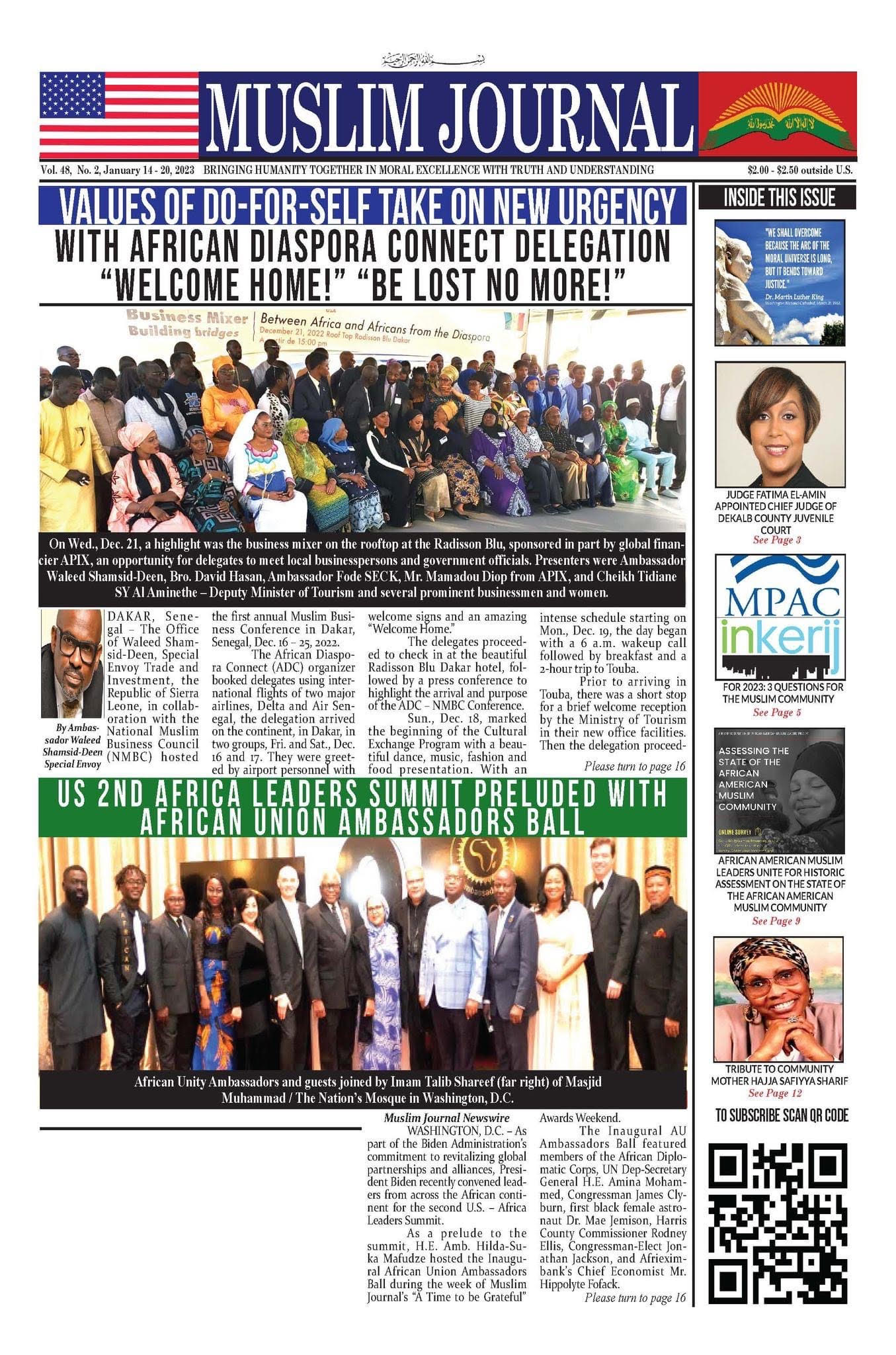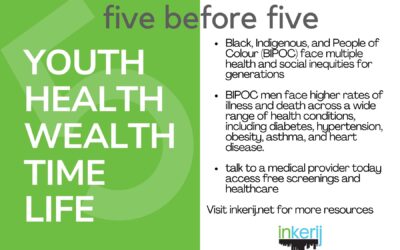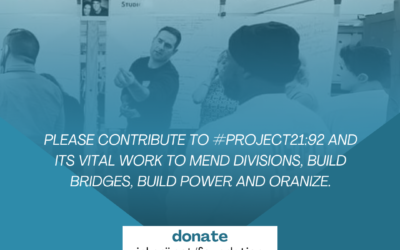Published in the Muslim Journal January 14, 2023
As a community organizer with Inkerij (encourage) Foundation, here in Southern California. Our community partners range from civic, civil, social, and interfaith communities– all who have established a voice that represents their power. PICO California defines Power as “having the ability to act or respond”, an ability that demarcates the powerful from being the powerless. When power is utilized effectively it can govern our earthly presence with health, security, and protection that will sustain our physical/ mental, spiritual, and social needs. The first question that we should ask ourselves is “Does the Muslim community have power?” I encourage the reader to not only ponder this question, but lift this question off the Muslim Journal’s page.
Personally, Muslims do have power, but it is not organized into an ability that reflects our value, history, or capacity to serve. This ability exists within many of our organizations, leaders, and Mothers. You’ve heard this argument before… our Ummah (community) is not monolithic. Meaning our communities are very different in thought and cultural background. Over time, our oneness has been gradually converted into a fragmented presence. In Surah 21:92 says… “Verily, this brotherhood of yours is a single brotherhood, and I am your Lord and Cherisher: therefore serve Me (and no other)”. The One Who Fashions (Al-Musawir) designed us as one nation– think about this. Please share this question with others, may it inspire and/or agitate meaningful conversation.
Second question, “What values do we all have in common?” This question is not only for the African American reader, but it’s meant for the broader Muslim community as well. The writer defines the Arabic word “Afiyah” translate as health, security, and protection; a total coverage for one’s well-being. It can directly translate into education, housing, and health care. Human Security for all Muslims and the Non-Muslim family is a necessity. Having political prowess is how we can convert Neighborly Needs into policy and laws. It will take an organized power to activate and convert our values into new legislative laws that will empower true American sustainability for all its citizens.
The third question addresses us as an Ummah (community) “Can we prepare for 2024?” Presidential campaigns will be asking for the Muslim endorsement. During 2023 we can align ourselves with Muslim and non-Muslim organizations (those who have considered our values in their work) who strictly promote social welfare in law making spaces. In 2023, let’s create and decide on a political agenda that will be shared across our non-monolithic communities, one that reflects our collective power and voice rooted in human security. In Surah 55 verse 9 says… “Establish weight with justice And fall not short in the balance”. This is an instruction to root ourselves in a powerful way that sustains earthly life. The Muslims have all the necessary components to be powerful at all civic, civil, and business tables… or we can remain on the menu!
Written By Umar Hakim-Dey
Inkerij Foundation | African American Muslim Insight Council
Featured Image by Muslim Journal






